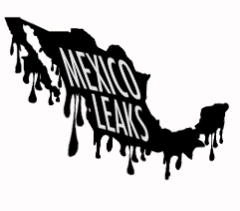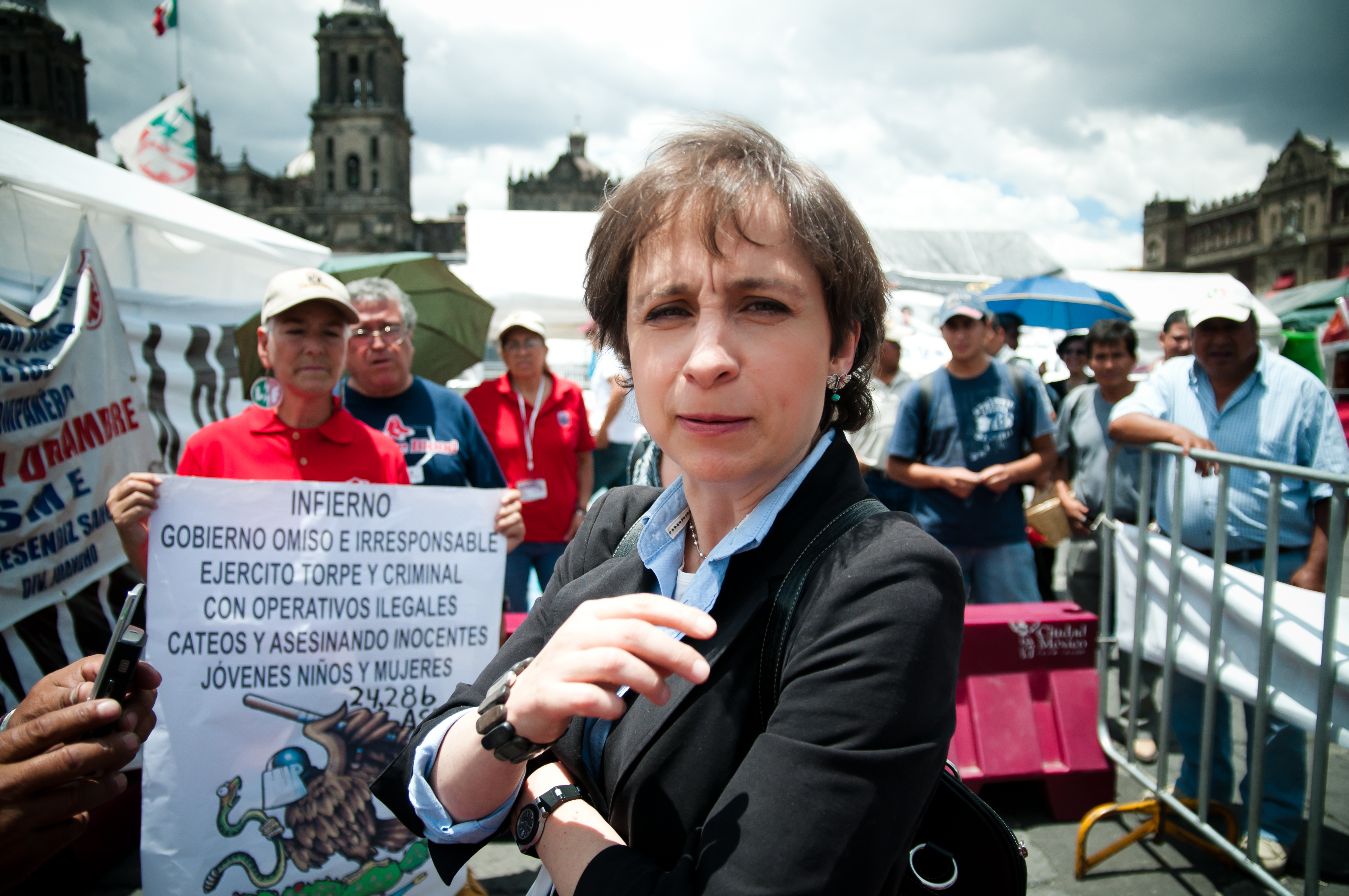From a country dripping with corruption has come Mexicoleaks, a media platform that seeks to engage Mexicans in the safeguarding of their country’s democracy. Launched on March 10th, the website is based on the principles and format of Wikileaks. By allowing users across the country to openly share vast troves of information, Mexicoleaks creates an avenue for any citizen to be a whistleblower. Though the organization has yet to begin publishing, it creates an inclusive and secure way to hold both the government and the private sector accountable. In a nation defined by rampant insecurity, repeated and unapologetic scandals and media monopolization, the incubation of a public, transparent and independent information platform like Mexicoleaks is an unprecedentedly ambitious project — one that will empower civilians to ensure that the state is serving the public interest.
Mexicoleaks has emerged at a moment of general disillusionment with Mexican governance. Since the mass kidnapping in Ayotzinapa last September, where state authorities were involved in the disappearance of 43 teacher trainees, Mexico has undergone a major political crisis. A staggering number of newly unearthed scandals have only fostered the country’s growing discontent, and it has become increasingly clear that the trail of corruption stretches all the way to the top of Mexico’s government. Last November, it was discovered that First Lady Angélica Rivera had mysteriously come into possession of a $7 million mansion built by Grupo Higa — a company engaged in multimillion-dollar infrastructure contracts with the government. As shady dealings like these come to light, the public demand for transparency and honesty is growing increasingly robust.
The fight for access to information in Mexico is long overdue. A critical obstacle in the way of free media has been the monopolization of the news by a couple of powerful private companies. As of 2013, 93 percent of public television channels were owned by just two companies: Televisa and TV Azteca. The current media duopoly damages Mexico’s democratic aspirations by concentrating the power of information, suppressing alternative viewpoints and compromising critical thinking. Though Mexico enacted telecommunication reforms in 2014 that mandated the creation of two additional TV channels, not much has changed: These giant companies still wield overwhelming influence. And while alternative internet media sources have emerged in the last few years, they have generally been limited in scope and accessibility. So even though there are more platforms today than there were a decade ago, the fight for information transparency has just begun. The significance of the few alternative platforms that do exist only underlines the necessity for further diversification.
Fortunately, Mexicoleaks is part of the solution. By encouraging what it calls “citizen critical journalism,” Mexicoleaks creates a more horizontal media platform, giving voice to bottom-up sociopolitical perspectives that traditional media tends to quash. And although Mexicoleaks is limited by the same factors as other Internet media sources, its endorsement by both radio and print journalists has dramatically expanded its outreach possibilities.
Although it has yet to start posting documents, Mexicoleaks has attracted significant support and attention. Carmen Aristegui, Mexico’s most famous radio broadcaster and one of the main collaborators in the creation of Mexicoleaks, illegally listed her radio company as one of the platform’s founding members. The company wasn’t pleased. They fired Diego Lizarraga and Irving Huerta, two of Aristegui’s team members, and implemented new regulations on her radio program. However, the measures were seen as censorship and sparked a wave of public outrage. Ultimately, Aristegui demanded, on air, the return of her journalists and the repeal of the regulations. The request didn’t go so well — Aristegui was fired in March.

Aristegui’s case exemplifies a key problem in the Mexican media: The public benefits of free media are subordinated to private interests. The radio company wrongly framed the situation as being a “private matter,” but Aristegui’s investigative journalism constitutes a public service that far outweighs the impact of the private dispute. Aristegui was a critical reporter on issues like the existence of a prostitution network in the ruling party’s offices and the First Lady’s mansion scandal. Her investigations haven’t just provided new and important information to the public, they have also helped the push for increased government accountability. In that light, Aristegui’s firing should not be considered a private affair; it is instead a debate about a public service and citizens’ right to information.
Citizens have demanded the right to a free press, but Mexican President Enrique Peña Nieto’s administration has remained silent. This hardly comes as a surprise, as it is widely known that Aristegui’s investigations frequently exposed the government’s dirty laundry. In fact, protesters have accused the administration of being involved in the decision to let her go. Moreover, the fact that the radio company has recently inched towards the possibility of opening a new TV station raises questions about the relationship between the media company and the government.
Either way, the situation illustrates precisely why Mexicoleaks is such a vital and timely resource for the nation’s citizens. Independent and decentralized media sources are crucial to ensuring that citizens have the necessary information to form educated opinions about the country’s political process. Perhaps, once the platform begins to publish, Mexicans can finally take the power of information into their own hands.
